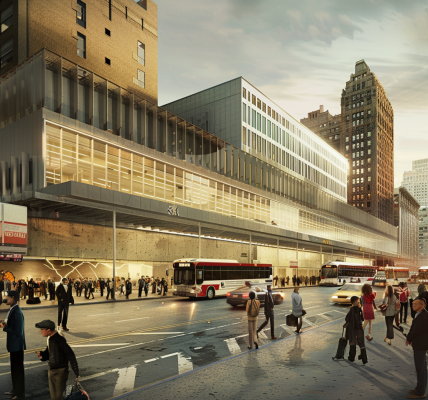In a significant development for commuters in the Washington D.C. area, the Metro system is set to enhance its operations by implementing an automated train system. This change marks a pivotal moment as it is the first time in 15 years that the D.C. Metro will operate under the automated system it was originally designed for, following a tragic crash that raised safety concerns.
The automation process will initially be rolled out on the Red Line, with officials indicating that the switch could be made as soon as this Sunday. This transition aims to improve the efficiency and reliability of train services, allowing for better spacing and timing of trains based on computerized systems rather than human operation.
The introduction of automation is expected to streamline the commuting experience for thousands of residents and visitors who rely on the Metro for transportation. By utilizing advanced technology, the Metro aims to enhance safety measures, reduce delays, and optimize train schedules to meet the growing demands of the community.
As part of the automation initiative, Metro officials are also considering expanding weekend service hours. Currently, trains are scheduled to run from 6 a.m. to 12 a.m. on weekends, but discussions are ongoing to extend these hours until 2 a.m. This change would provide greater flexibility for commuters, particularly those attending late-night events or working unconventional hours.
Metro’s commitment to modernization comes at a crucial time as public transportation systems nationwide are seeking ways to adapt to changing ridership patterns and improve service quality. By embracing automation, the D.C. Metro is positioning itself to meet the future needs of its users while ensuring safety and operational excellence.
Officials are optimistic about the potential benefits of the automated system, noting that it could lead to more consistent train intervals and a reduction in operational costs over time. However, the success of this transition will depend on thorough testing and the approval of the proposed expanded hours by the relevant authorities.
As the D.C. Metro moves forward with these changes, commuters are encouraged to stay informed about the latest updates regarding train schedules and operational adjustments. The agency is expected to provide regular communications to keep riders updated on the rollout of automation and any changes to service hours.
This initiative reflects a broader trend in public transportation where agencies are increasingly looking to technology to enhance service delivery and improve the overall commuter experience. With the implementation of automated systems, the D.C. Metro aims to set a benchmark for efficiency in urban transit.
As the transition date approaches, many riders are hopeful that the new automated system will lead to a smoother, more reliable commuting experience. The Metro’s efforts to modernize its operations are a crucial step toward building a more efficient public transportation network that can accommodate the needs of a growing metropolitan area.





